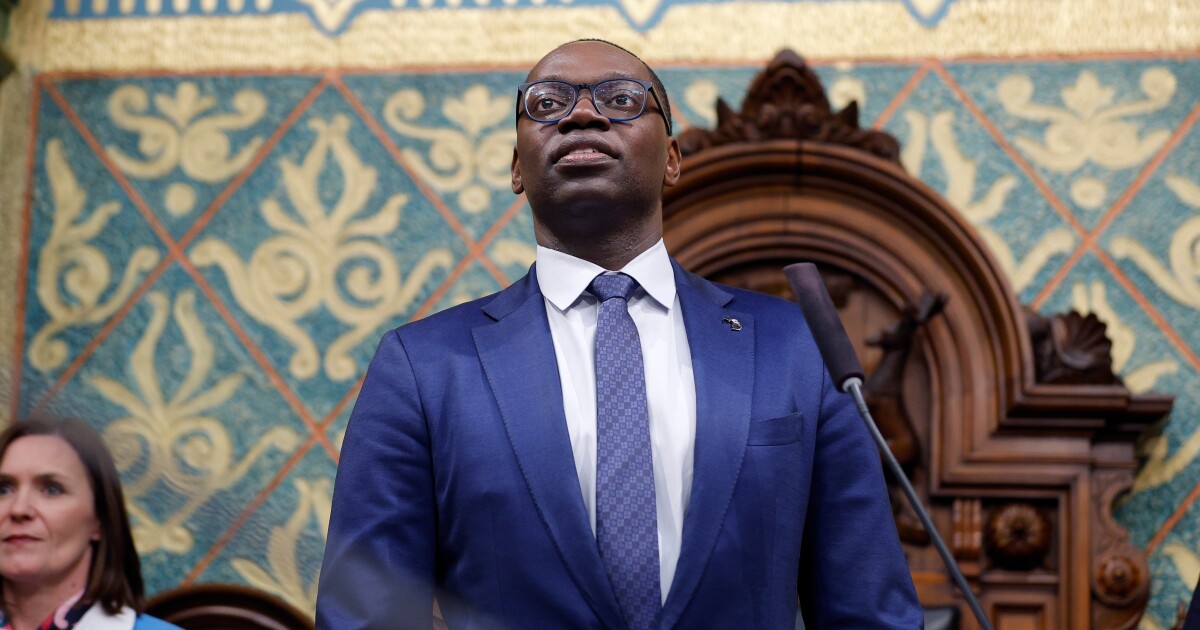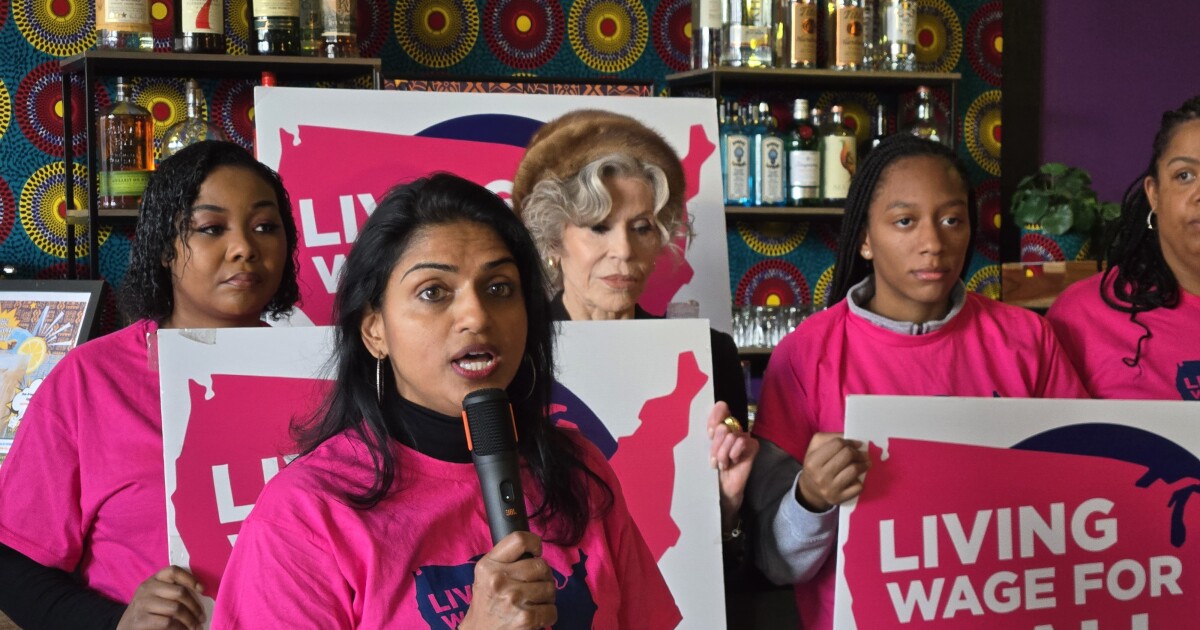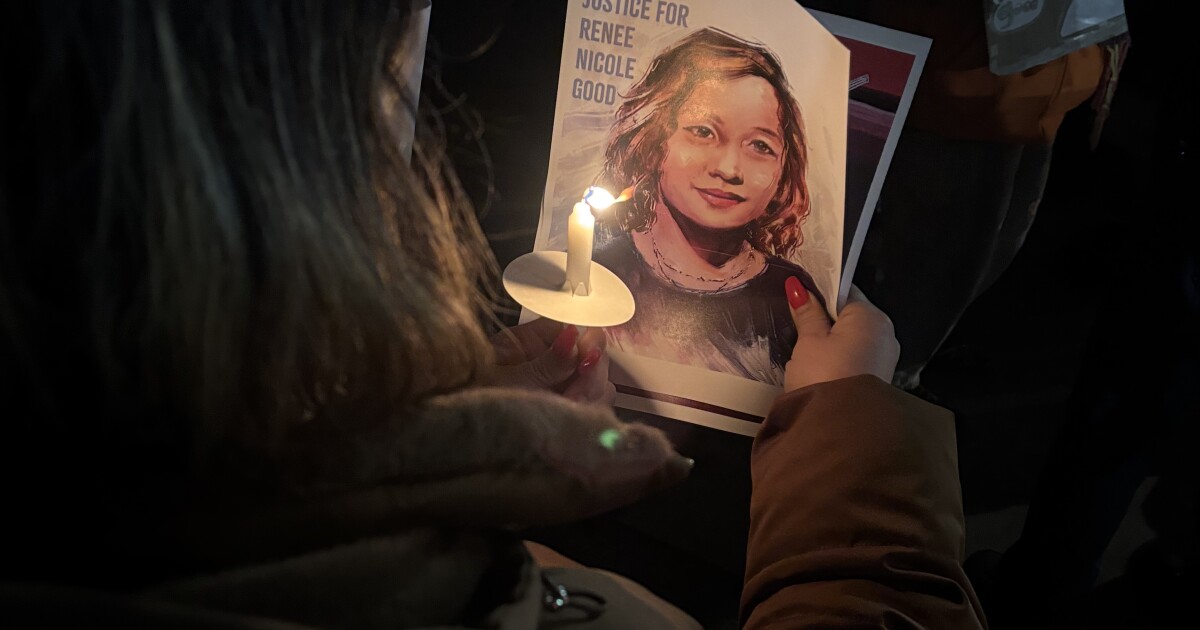In a bid to address the housing shortfall in Michigan, the Michigan Municipal League is urging state legislators to allocate $800 million over the next five years. This investment aims to create or refurbish approximately 10,000 homes, focusing on affordability and accessibility.
The initiative proposes financial support for developers in municipalities that modify certain zoning regulations, such as permitting duplexes in traditionally single-family zones. This approach seeks to foster collaboration with communities and avoid imposing mandates from the state level.
“Through partnerships and not preemption,” emphasized Sault Ste. Marie Mayor Don Gerrie, who also heads the Municipal League.
The proposal’s adoption by Michigan lawmakers remains uncertain amidst a challenging budget cycle. Backed by a bipartisan group, including Democratic Rep. Amos O’Neil and Republican Rep. Mark Tisdel, the proposal’s inclusion in the upcoming state budget is still under consideration.
Municipal League CEO Dan Gilmartin stated, “I’m not sure of any guarantees in this town … but if this is a priority for the state, we need to act like that,” during a news conference in Lansing.
Senate Majority Leader Winnie Brinks’ spokesperson, Rosie Jones, indicated Democratic support for enhancing affordable housing, with Brinks eager to learn more about the plan. Meanwhile, Michigan State Housing Development Authority CEO Amy Hovey expressed encouragement over the recognition of the housing issue and is assessing the proposal’s specifics.
State officials underscore a pressing need for housing, estimating a deficit of 119,000 units as of spring. This gap is a focal point for Democratic Gov. Gretchen Whitmer, who launched initiatives like the Employer-Assisted Housing Fund.
Efforts to reduce housing costs include new tax financing options and community projects to rehabilitate existing structures for affordable living.
The Municipal League proposes allocating $160 million annually to the MI Home Program, which includes:
MI Home Fund: A $50 million revolving loan fund over two years, supplemented with grants for development.
MI Home Grant: Aimed at closing funding gaps for housing projects, starting with $95 million in the initial years, escalating to $145 million.
MI Home Employer: $10 million annually to sustain the Employer-Assisted Housing Fund, matching employer contributions.
MI Home Readiness: $5 million annually for grants assisting communities in updating zoning laws to support housing growth.
For developers to access funds, local governments must embrace at least half of the Municipal League’s housing policy recommendations, which include zoning changes like reducing parking requirements and allowing smaller dwelling units.
Gerrie notes, “While we have been making progress, we have seen efforts to preempt our local zoning and censor the voice of our citizens on these issues,” emphasizing a preference for incentive-based strategies over mandates.
Legislative changes beyond the state budget would be necessary to implement these housing programs. Properties developed under this initiative would adhere to affordability criteria for a decade, ensuring prices and rents remain accessible.
The proposal has garnered early bipartisan support, which Gilmartin finds promising, stating, “If this is the priority we claim it to be, then we have to invest in it. This proposal provides a way to solve the problem together.”
As budget discussions continue, Michigan lawmakers face a six-week deadline to finalize the state budget to avoid a government shutdown on October 1st.
—
Read More Michigan News










